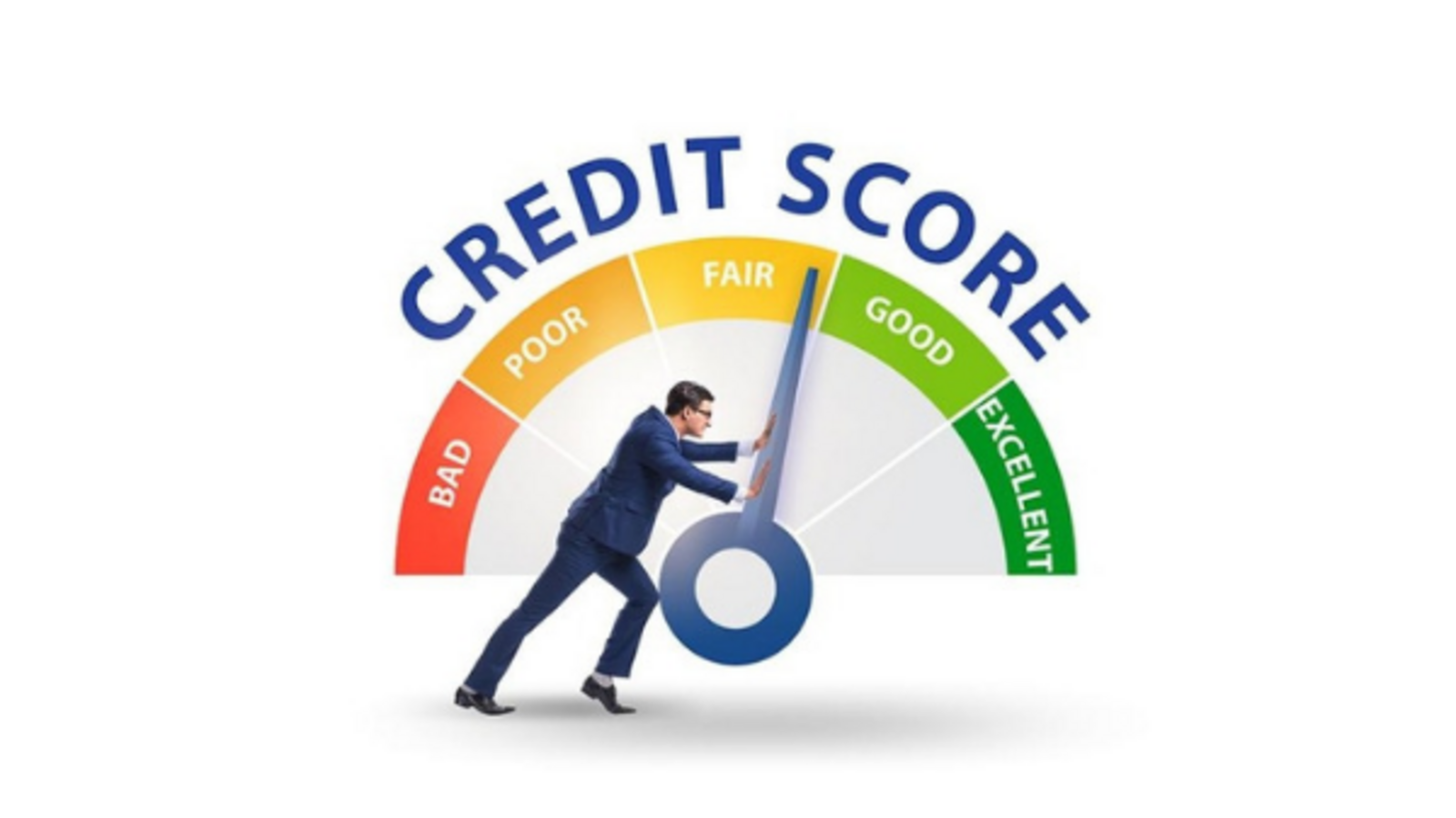Best Mortgage Loan Requirements and Benefits
How does a Mortgage Loan Work?
Table of Contents
A mortgage loan, also known simply as a the mortgage, is a specialized kind of loan that is specifically established for the goal of financing the acquisition of real estate, such as a house or other piece of property. Someone who wants to borrow and a lender, who is typically a bank or another financial organization, come to an agreement in order to form this type of financial arrangement.
The application of a loan for a mortgage is something that may be done whenever a person or a couple are interested in purchasing a house but does not have the means to pay the whole purchase price up front. The borrower makes an agreement with the lender that they will repay their loan over a predetermined length of time, often in periodic payments, plus interest. In exchange, the lender will give the cash that are required to acquire the property.

Advantages of Obtaining a Mortgage Loan
Mortgage Loans are quite popular among borrowers because of the numerous advantages that come with having one. The following is a list of the primary advantages that come with obtaining this kind of loan:
- You will not lose your legal ownership of the property even if you make a promise on it.
- Mortgage loans are considered secured loans, which means they can be authorized more rapidly.
- The interest rates for mortgage loans are often lower than those on personal loans.
Required Documents for Obtaining a Mortgage Loan
You will be required to produce a set of standard papers in order to apply for any loan. These documents include proof of identity, proof of age, proof of domicile, and proof of income. When seeking a mortgage loan, you must also submit documentation on the property that you plan to put the loan against.

- Documents Acceptable as Proof of Identity: Identity Card, Driving License, and Passport
- Driving License and Utility Bills are Acceptable as Proof of Residence.
- Proof of income may include pay stubs, tax returns, or bank statements.
- Documents attesting to ownership of the property, such as a sales deed.
Different Kinds of Mortages
Mortgages With a Set Interest Rate
A mortgage with a fixed rate of interest is the most common type. When a borrower obtains a mortgage with an interest rate that is set, both the interest rate and the applicant’s regular payments toward the loan’s principal and interest do not change over the course of the whole duration of the loan’s term. A mortgage with a set interest rate can also be referred to as a typical mortgage.
Mortgage loan discrimination is unlawful. There are actions that you may pursue in the event that you believe you have been the victim of discrimination on account of your race, faith, gender, marital status, usage of public help, national origin, handicap, or age. Providing a report to the Consumer Financial Protection Bureau (CFPB) or the United States Department of Housing and Urban Development (HUD) is one of the steps that can be taken.
ARM stands for adjustable-rate mortgages
The interest rate on an ARM, or adjustable-rate mortgage, is fixed for the first term of the loan, after which it is subject to periodic adjustments based on the interest rates that are currently in effect. Mortgages typically have an initial interest rate that is lower than the market rate. This may make a mortgage more cheap in the near term, but it could make the mortgage less affordable in the long run if the rate increases significantly. In most cases, adjusting rate mortgages (ARMs) have limits, often known as lids, on the amount that the monthly payment can grow as it adjusts and how much it can rise in total throughout the course of the loan’s term.
An adjustable-rate mortgage with a fixed interest rate for the duration of the initial five years and then annual rate adjustments after that is referred to as a 5/1 adjustable-rate mortgage (ARM).
Loans that only accrue interest Other, less frequent types of mortgages as a such as mortgages with no interest and payment-option adjustable rate mortgages (ARMs), might include complex repayment schedules, and it is recommended that only experienced borrowers use these sorts of mortgages. It’s possible that the last payment on these kinds of loans will be a significant balloon sum. During the height of the housing boom in the early 2000s, many homeowners who had these kinds of mortgages found themselves in serious financial straits.
Reverse Mortgages
The reverse mortgages constitute a distinctly different kind of financial product, just as their name says they should be. They are geared for homeowners over the age of 62 who wish to sell off a portion of the equity they have built up in their homes in exchange for cash.
These homeowners have the option of taking out a loan over the value on their house and receiving the money in the form of a line of credit, a fixed payment every month, or a lump amount. When the borrower passes away, moves away indefinitely, or sells the residence, the remaining balance on the loan becomes due in full.
When Applied for a Mortgage Loan, It Is Important to Keep These 7 Things in Mind
1. Loan Tenure
The first thing to consider is how long the loan will be in effect. Because Mortgage Mortgages are secured by collateral, lenders may typically give a lengthier payback term, which might be anywhere from 10 to 20 years, depending on the applicant’s age, income, and any other eligibility conditions that they may have.
2. The Amount of the Loan
The amount of the loan is the next topic to discuss. When the lenders have the safety of an actual asset, they are able to give larger loan amounts, the exact amount of which is determined by the value of the property. However, prior to this happening, the lender will perform its due diligence and determine the value of the property. A number of other factors, like the applicant’s age, income, previous payment record, and credit rating score, will also be considered before the loan is actually given out.
3. The Rate of Interest The rate of interest is the third factor to take into consideration. As was just discussed, the interest rates on mortgage loans are far lower than those on unsecured loans. When there is a greater likelihood of repayment of the loan, interest rates are lower, and vice versa. When there is less potential for monetary loss, financial institutions are in a better position to offer more competitive interest rates.

4. There is no penalty for prepayment.
If the mortgage loan may be obtained in the borrower’s person capacity, many lenders do not impose a pre-payment penalty on the loan.
5. Amount of Time Spent on Processing The Loan The fifth worry is the amount of time spent on processing the loan. The processing time for a mortgage loan is significantly longer than that of a personal loan, which can be completed in a matter of days. This is due to the fact that mortgage lenders are required to do a thorough investigation of the real estate and the papers related to it. A valuation of the property’s worth is carried out in addition to the calculation of its existing value on the market. The completion of this due diligence ultimately results in an extension of the entire processing time for the loan.
6. Eligibility
Finding a lender who is able to give individualized eligibility programs is the sixth tip, and it is important to do so in order to obtain the highest possible loan amount. Since the connection could last for as long as 20 years after the loan has been disbursed, the lender in question should also be able to provide high-quality services to the borrower. These services ought to also include digital ones, which can provide convenience, swiftness, and an experience that is consistent throughout.
7. Coverage of the Loan Amount by an Insurance Policy
In conclusion, the provider of the loan should be able to give additional protection in the form of an insurance policy for the amount of the loan in the form of a rider. This is to ensure the safety of the applicant and his or her family in the event of an unexpected or unfavorable occurrence. In essence, the benefits of a Loan against Property include cheaper interest rates, a larger loan amount, more adaptability, a longer payback duration, insurance protection, and better post-disbursal services.





Leave a Reply